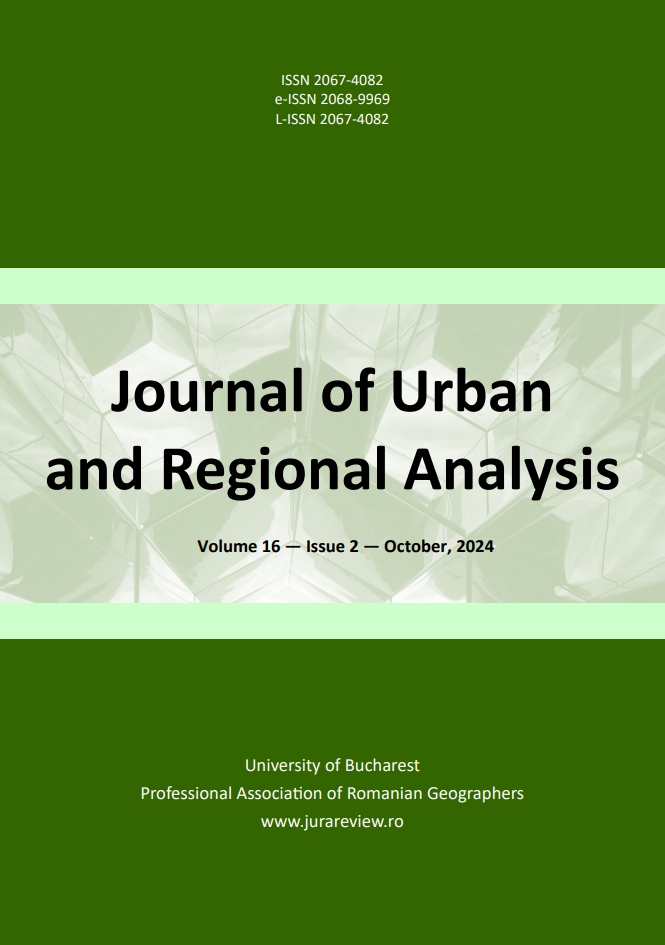PUBLIC TRANSIT OPERATORS’ RESILIENCE AND SUSTAINABLE DEVELOPMENT AMID THE COVID-19 PANDEMIC: THE CASE OF RICHMOND, VIRGINIA
PUBLIC TRANSIT OPERATORS’ RESILIENCE AND SUSTAINABLE DEVELOPMENT AMID THE COVID-19 PANDEMIC: THE CASE OF RICHMOND, VIRGINIA
Author(s): Xueming ChenSubject(s): Social Sciences, Economy, Business Economy / Management, Sociology, Health and medicine and law, Business Ethics
Published by: Editura Universitară
Keywords: transit operation; public mobility; COVID-19 pandemic; Greater Richmond Region;
Summary/Abstract: The Greater Richmond Transit Company (GRTC) is used as an empirical case to demonstrate how a relatively small transit operator in the Richmond, Virginia, United States (RVA) region survived and thrived during the COVID-19 pandemic period. During that time, GRTC experienced a substantial downturn in its system transit ridership. In response to this emergency, GRTC immediately took bold measures to protect its operators and riders, such as: serving essential trips, improving bus interior seat design, modifying operating schedules, matching service with the demand, implementing new boarding process, offering free transit services, broadening funding sources, and others. As a result, GRTC successfully and quickly overcame the pandemic crisis, and it embarked on the road to full recovery in its transit operation. In the post-pandemic future, GRTC expects that many of the adopted pandemic workplace safety and cleaning protocols will continue long-term as it takes time to rebuild people’s trust in public transit. The successful lessons (in particular, in four areas: putting people’s safety first; giving priority to serving essential trips; using a dynamic scheduling approach; and increasing and diversifying its funding sources) from GRTC could also be transferable to other similar transit services in the U.S. and elsewhere.
Journal: Journal of Urban and Regional Analysis
- Issue Year: 16/2024
- Issue No: 2
- Page Range: 321-343
- Page Count: 23
- Language: English

